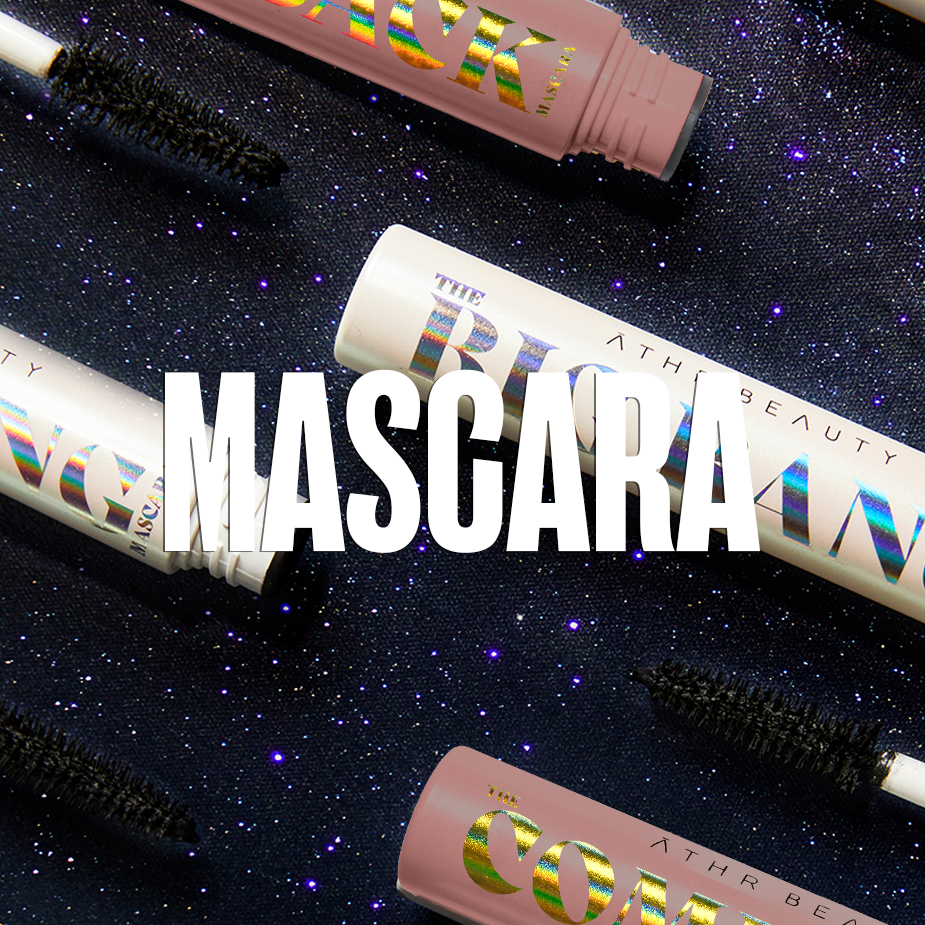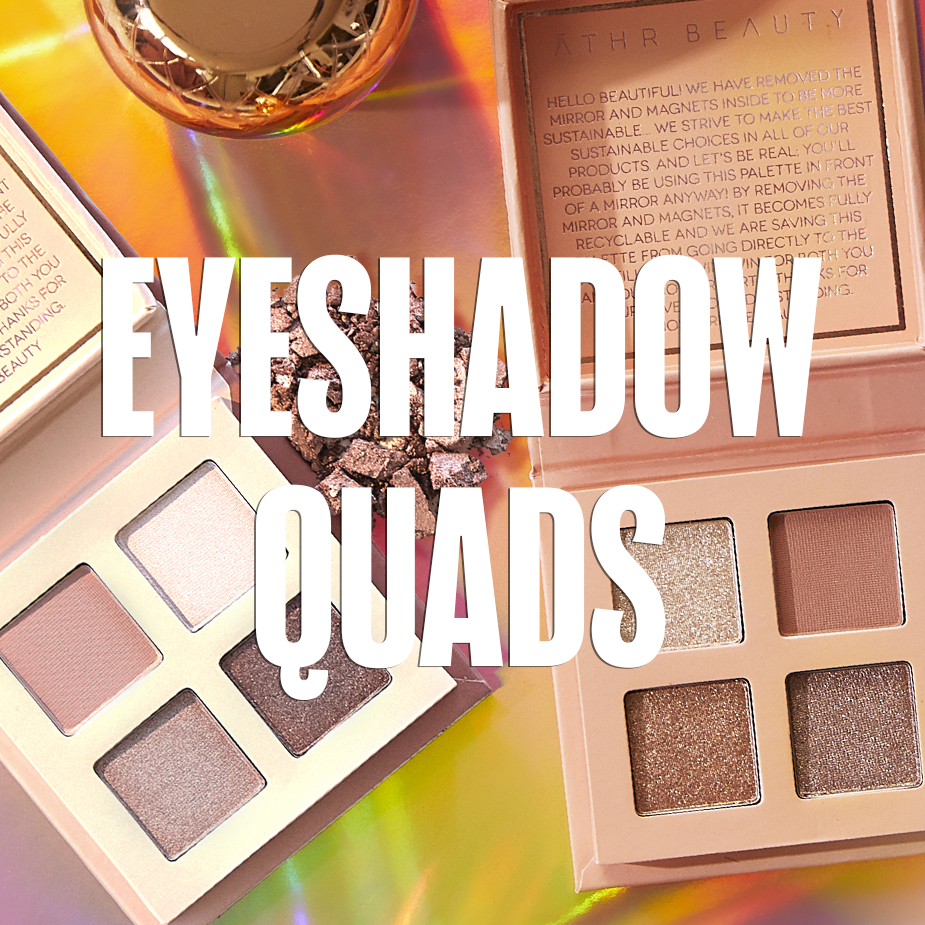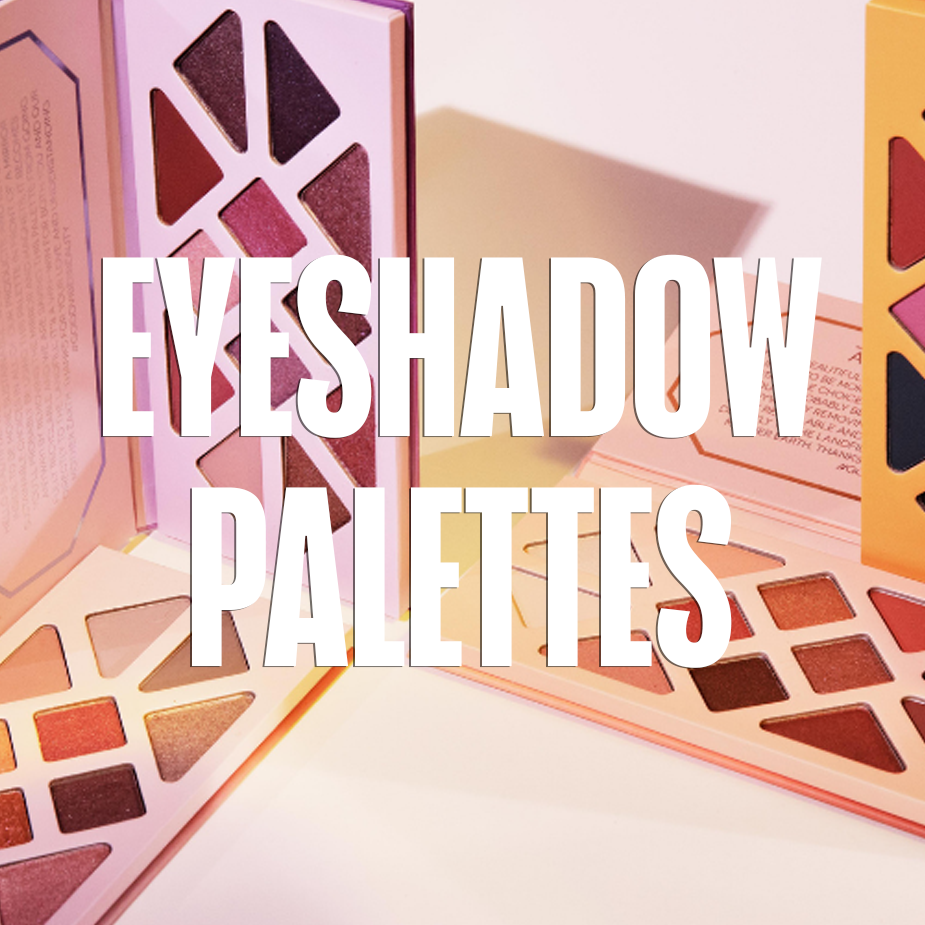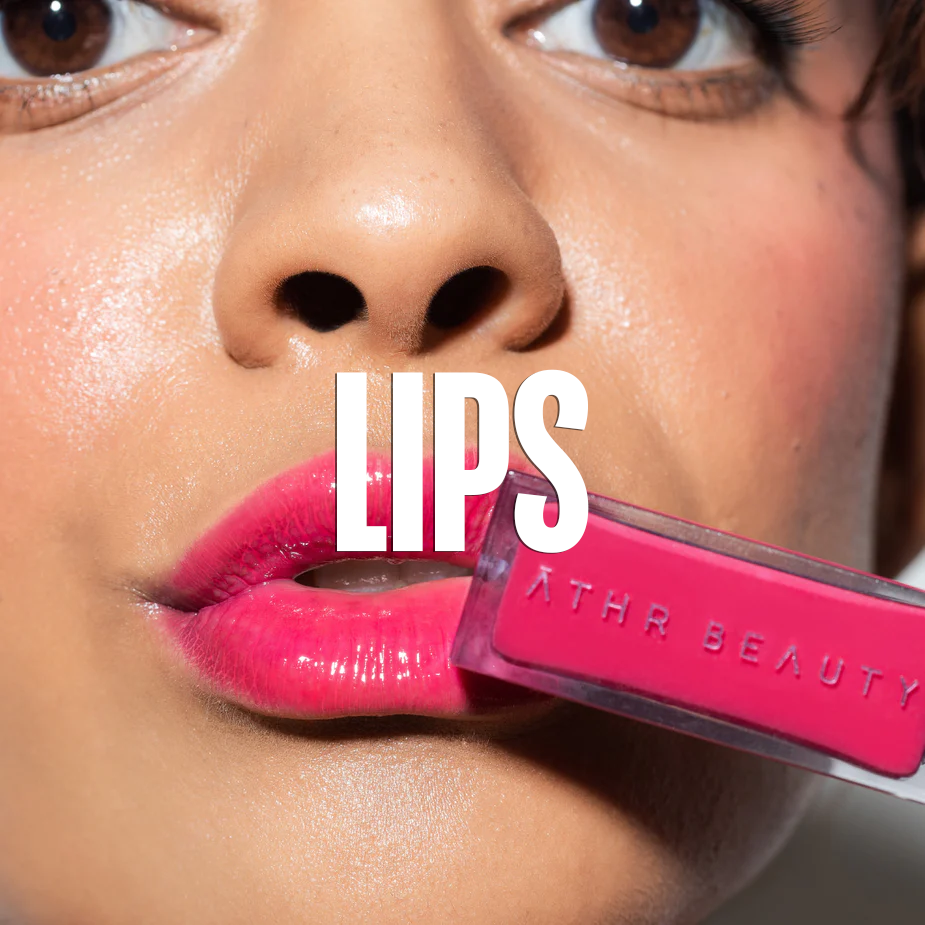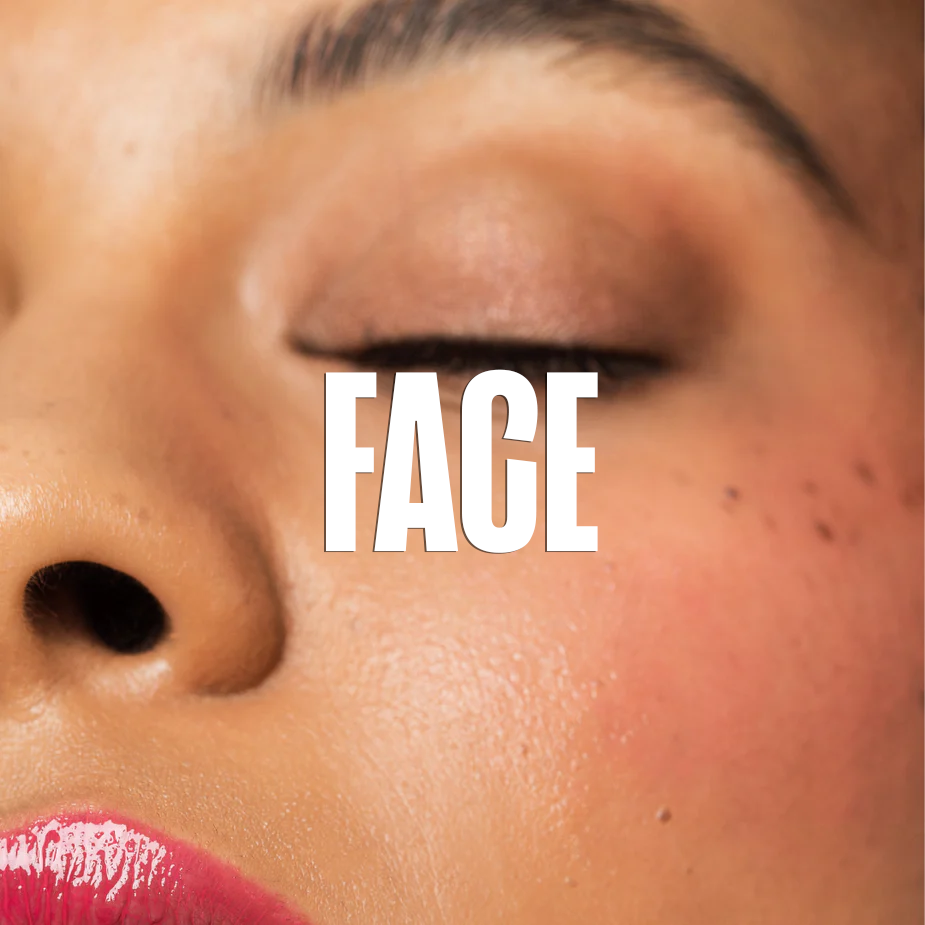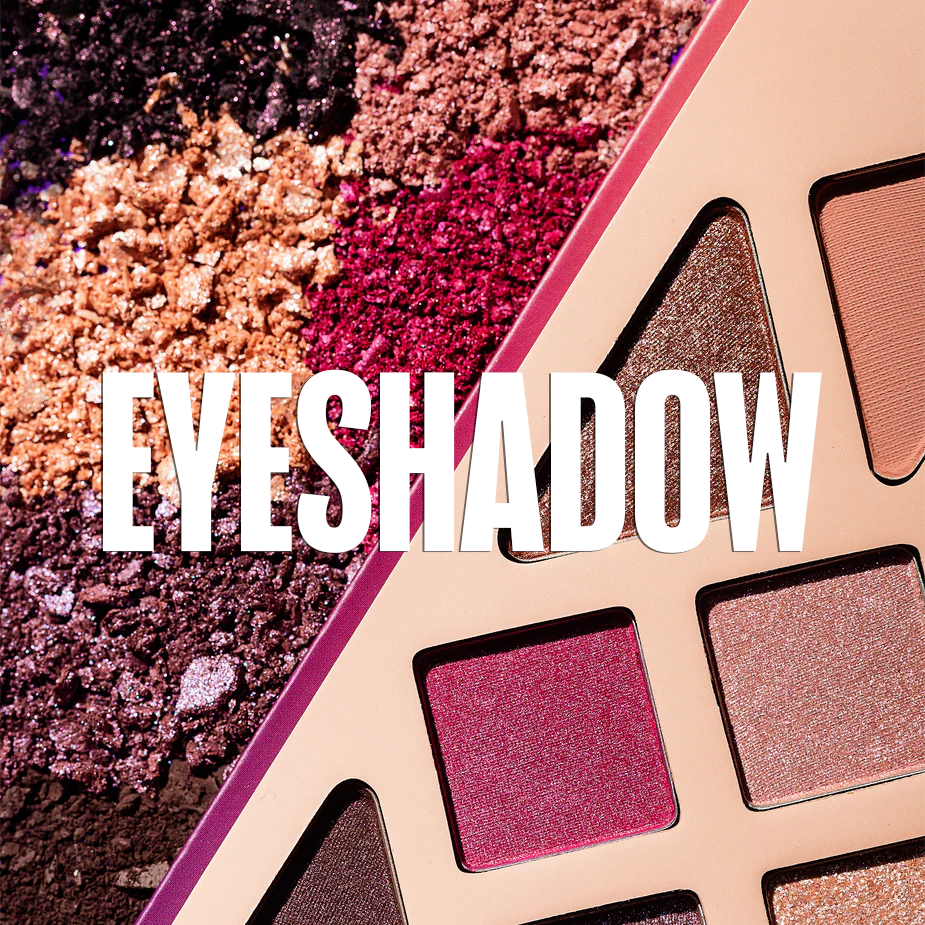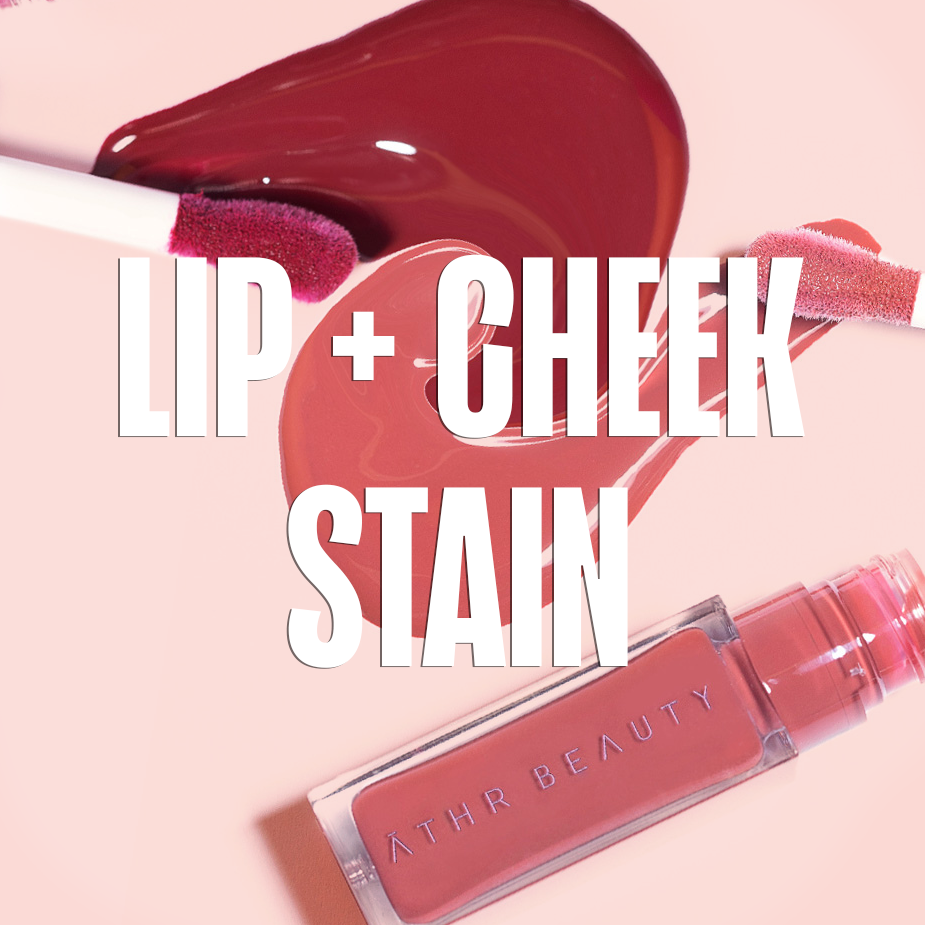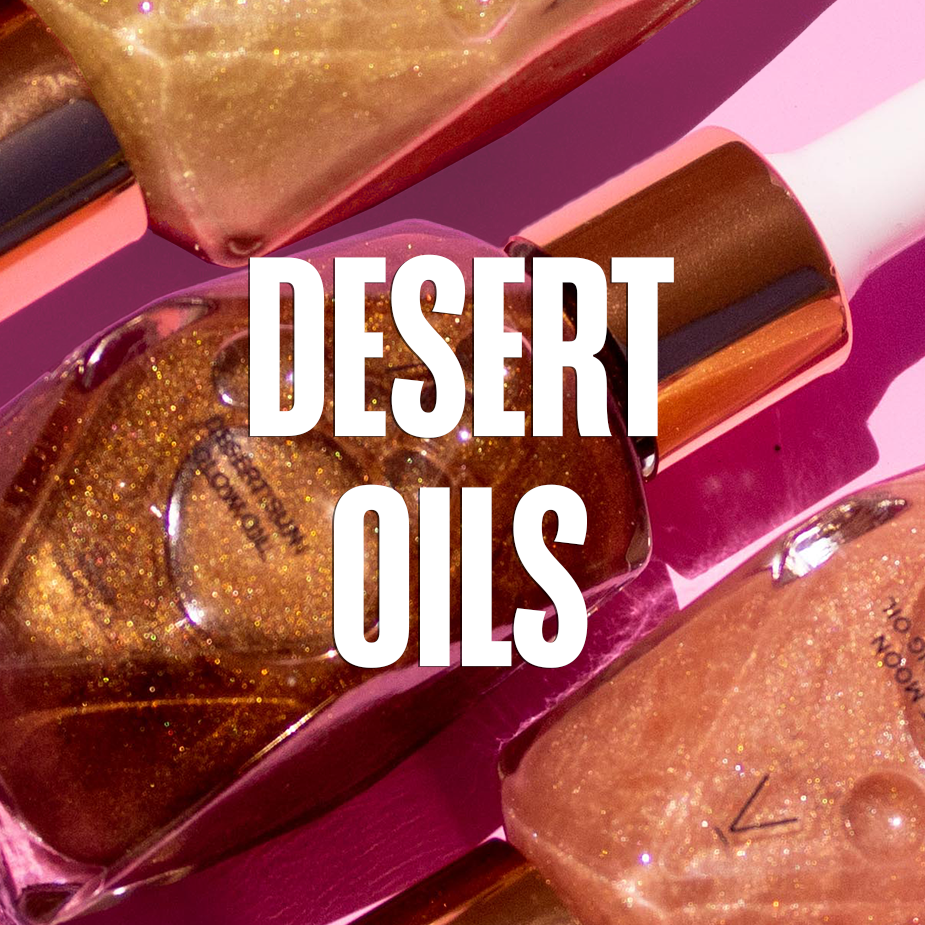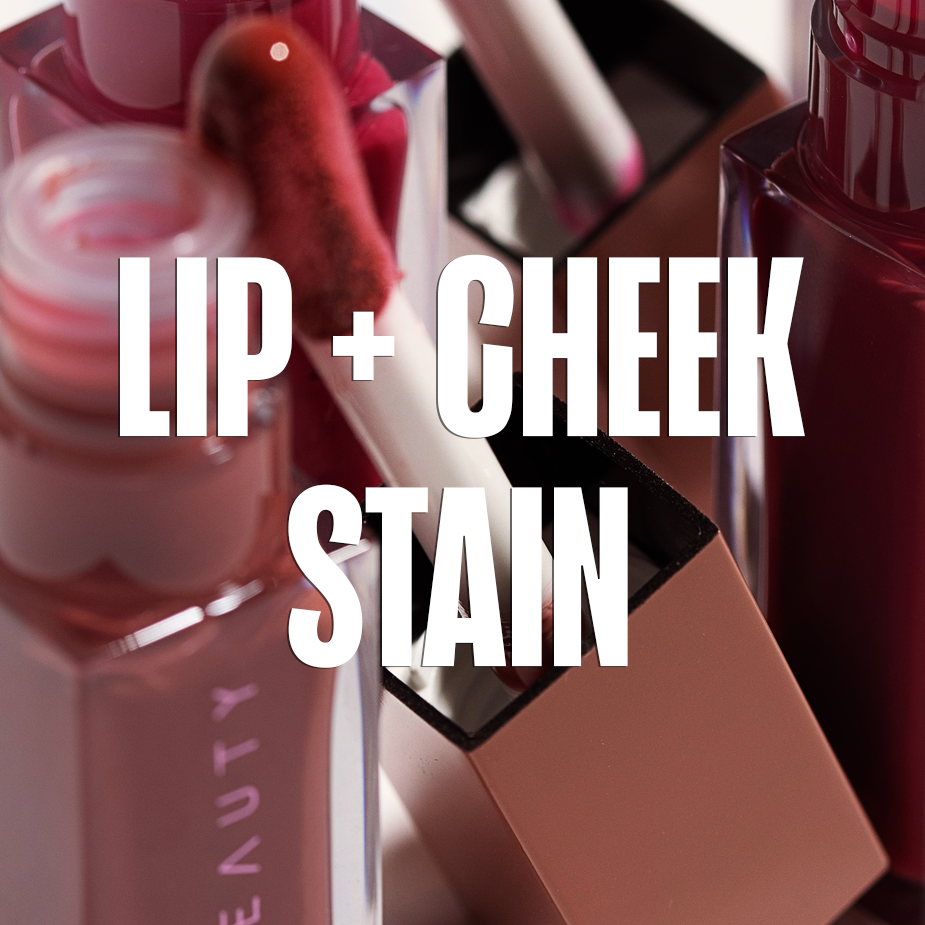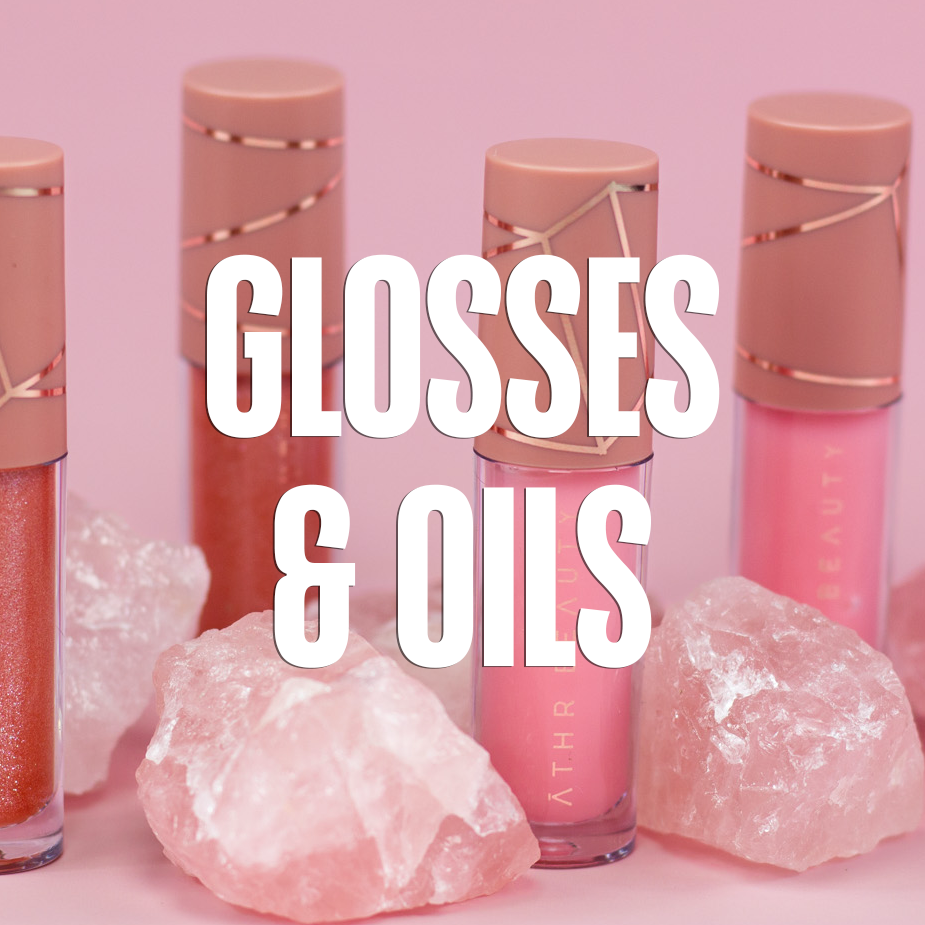WHAT IS PALM OIL
Found in about 70% of cosmetics and prepared foods, palm oil is a vegetable oil that comes from the fruit of the African oil palm tree. With over 50 million metric tons produced every year, it’s the most popular edible oil on the planet.
Other names for Palm Oil: Vegetable Oil, Palmitate, Stearic Acid, Retinyl Palmitate, Sodium Stearate, Sodium Lauryl Sulphate. In cosmetics, it’s often listed as Elaeis Guineensis, Ethylhexyl Stearate, or Caprylic Triglyceride. To see all 200 names for palm oil, click here.
Keep in mind, a lot of these ingredients can be sourced from other vegetable oils but will be labeled the same regardless of the origin. Contact individual brands to clarify.

THE GOOD: WHY IT’S SO POPULAR
Palm oil is a super-efficient crop – it produces 4x more vegetable oil per hectare than soybean oil, and 10x more than coconut oil. It has a longer shelf life than many other oils and is incredibly versatile – it makes products spreadable, helps with preservation, adds a crispy texture to fried foods, acts as an emulsifier and surfactant in cosmetics, and even works as a biofuel. It’s also odorless and colorless so doesn’t interfere with a product’s taste or smell.
Palm Oil can be separated into two different oils, making it that much more versatile:
- Palm Kernel Oil - extracted from the seeds of the fruit and used in cosmetics, skincare and cleaning products.
- Crude palm oil - extracted from the flesh of the fruit and used for edible products and more recently, for biofuels.
THE BAD
So, what is the problem with this seemingly miracle crop? It’s efficient, takes up less land, is used in countless different products, and makes money for local growers. Well, let’s talk about the other side of the palm oil coin:
Environmental Destruction & Climate Change
To grow palm oil, some of the most bio-diverse, old-growth forests in the world are cut down and torched. These old-growth trees and peatlands absorb huge amounts of CO2 from the atmosphere, and when burned, they release all the stored carbon back into the atmosphere.
“The planet’s forests have the potential to sequester as much as a third of the carbon in the air. Right now, deforestation globally contributes 15 percent of the planet’s total emissions, the same as all the cars and trucks and trains across the globe.” - Abraham Lustgarten, New York Times
So far, 27 million hectares of carbon-sequestering forests have been cleared for palm oil plantations.

The Impact on Local Communities
Palm oil developers have been known to either aggressively and violently seize land from indigenous groups or offer to buy their land – money the locals often never see.
Poorly planned palm plantations cause water pollution from chemical leaching, meaning the locals lose their clean water source. Plus, the destruction of these rich, biodiverse areas leads to increased flooding - people lose their homes, their livelihoods, and are forced to flee the area.
And the land-clearing fires give off huge amounts of greenhouse gases, formaldehyde, cyanide, and small particles that cause serious health conditions and death.
Animal Extinction
Rainforests are one of the most biodiverse habitats on the planet, but thanks to mass land clearing for palm plantations, many animals are becoming a thing of the past.
Species like orangutans, pygmy elephants, Sumatran tigers, and rhinos are all now endangered thanks to palm oil-driven deforestation. In the past 20 years, palm oil production has led to 100,000 orangutan deaths.

Human Trafficking, Forced Labor, & Child Labor
Who are the people working at these palm oil plantations? In Malaysia, most of them come from poverty-stricken areas in Indonesia, Bangladesh, Nepal, and the Philippines. And a huge percent come from the labor trafficking trade.
In both Indonesian and Malaysia (the biggest palm-oil-producing countries), human trafficking on palm plantations is sadly very common, and so is child labor. Women, men, and children are tricked by labor brokers to accept jobs and placements that promise good wages and working conditions. When they arrive, their passports are confiscated, they’re charged unrealistic fees for job matching, and are put under massive debts to their employers for food and accommodation. The working hours are usually very long, and the conditions very poor. And local laws tie migrant workers to only one employer, meaning they’re unable to search for better opportunities at other plantations or industries. Many camps are guarded by security and workers are not free to leave.
One Palm Oil Producer, Felda has confiscated 30,000 passports over the years from trafficked foreign workers who are forced to work in the plantations for little to no salary and have no way to leave.
PALM OIL IN ĀTHR BEAUTY PRODUCTS
All our palm-oil derived ingredients are certified sustainably sourced by the RSPO (Roundtable on Sustainable Palm Oil). They include a certificate to validate that no deforestation, land burning, or exploitation of workers or local communities were involved.
The problem is, the RSPO hasn't lived up to its promises and claims. They aren't strictly enforcing the standards they've set and as a result, environmental and ethical violations are still happening at plantations they've certified as 'sustainable'.
This is why we're working hard towards becoming completely Palm Oil-Free. As with every ingredient we source, if there isn't an ethical, sustainable option, we won't use it.
WHAT CAN BE DONE?
Knowing all the destruction, mistreatment, and deceit surrounding palm oil, what's the solution? Should we boycott the plant altogether? Replace it with another oil?
The fact is, palm oil is still the most versatile, efficient, cost-effective oil there is, and it’s a source of income for many people around the world. If we were to replace it with another oil, it would mean significantly more land clearing and destruction to produce the same amount of oil.
So, what’s the answer? Most environmental groups agree that creating and enforcing environmental and ethical standards for palm oil production is the only way forward. The Roundtable on Sustainable Palm Oil (RSPO) is the first organization trying to work towards this goal of ethical, sustainable palm oil production.
As we said though, the RPSO system needs a lot of work. They need to hold palm oil producers accountable for their practices and enforce the standards they've set for ethical, sustainable palm oil production. Because as of now, their efforts have had minimal impact. If a total transformation of the palm oil industry (and the RSPO) doesn't happen, boycotting may be the only option.
As consumers, there are a few things we can do:
- Ask questions to brands you buy from: do they use palm oil? Where are they sourcing their palm oil from? Are they transparent about the origins of their palm oil, or do they even know where it comes from?
- Let brands know that ethical, responsible sourcing and transparency is important to you. Insist that they commit to purchasing sustainable, ethical palm oil or avoid palm oil altogether.
- Vote with your dollars: purchase products from companies who only use sustainably sourced palm oil and who are transparent about their sourcing practices. Or, move towards limiting your consumption of palm oil products.
__________________________
Thank you for supporting sustainable beauty, and for helping bring more transparency, accountability, and ethical choices to the beauty industry as a whole.
- ĀTHR Beauty xo

